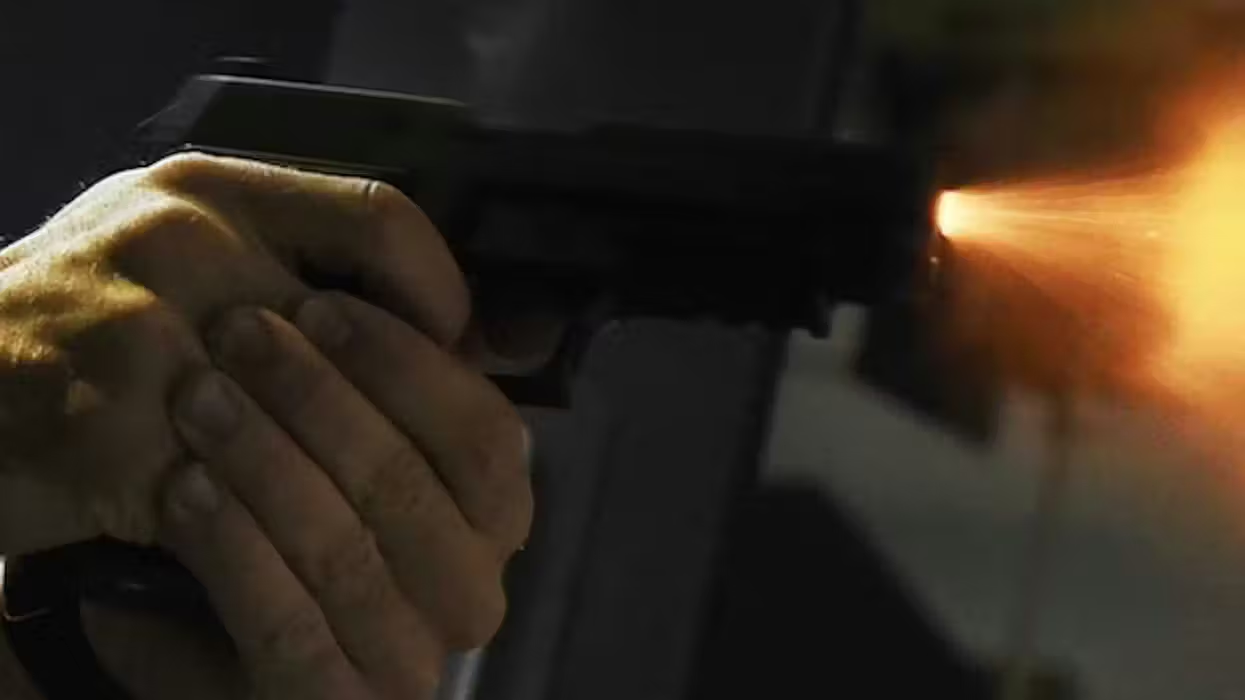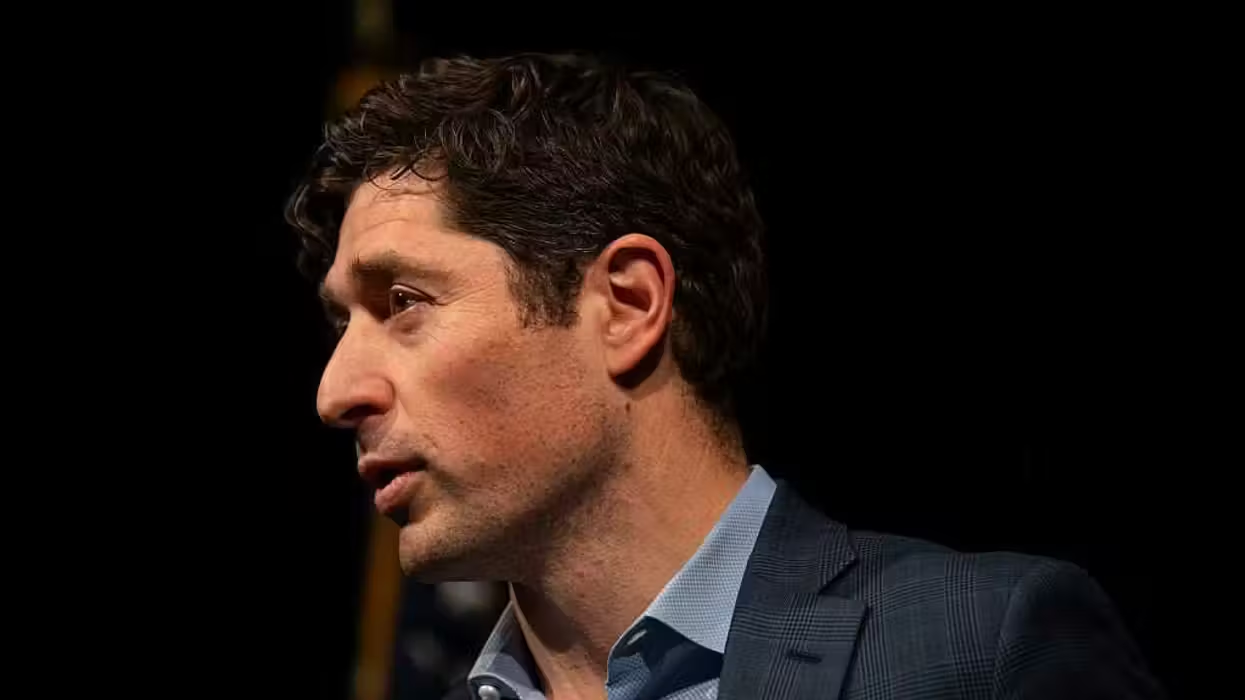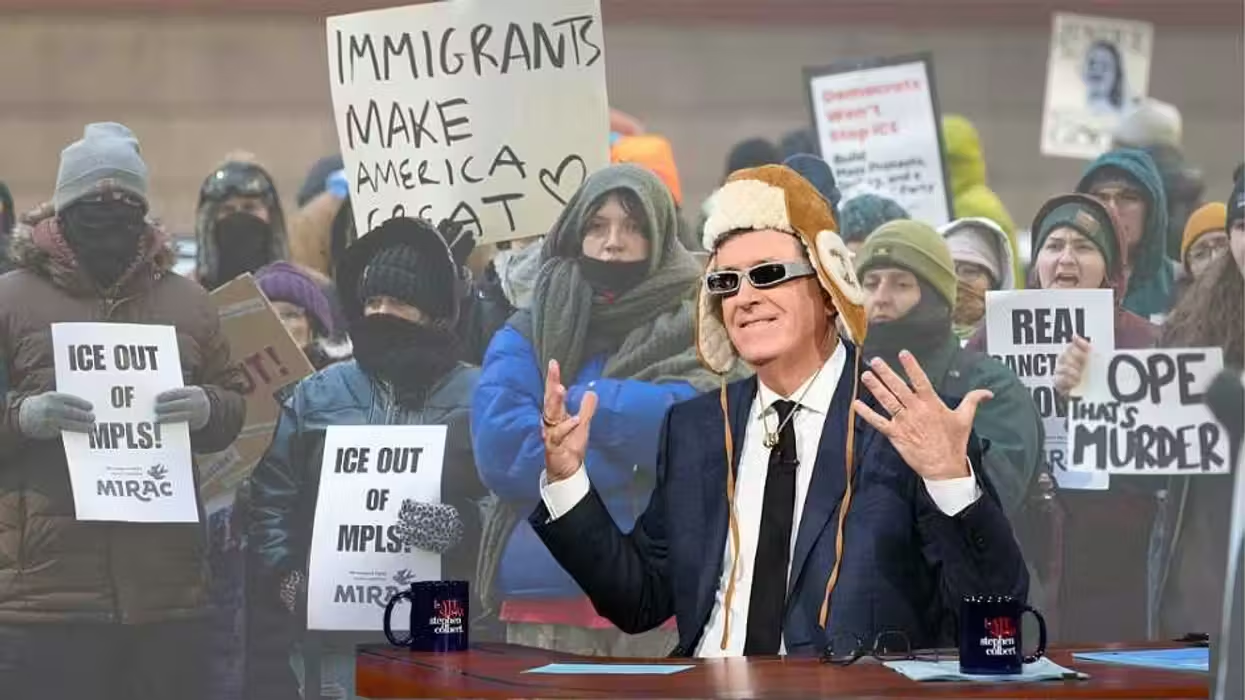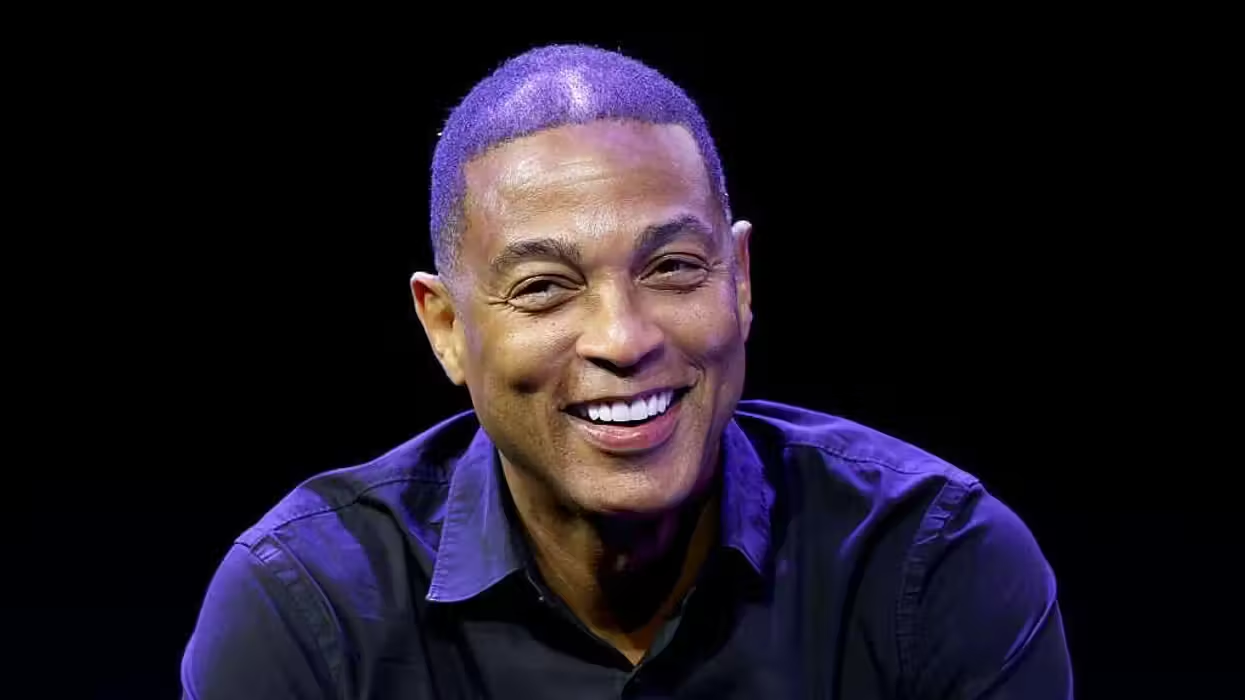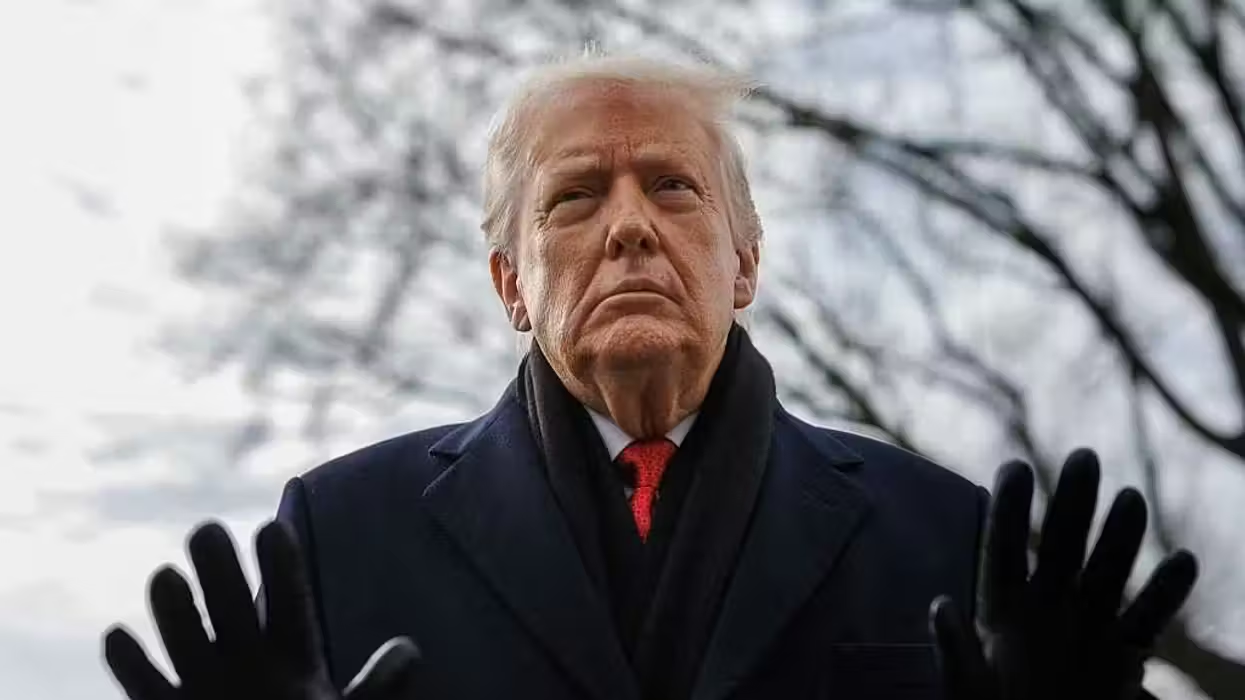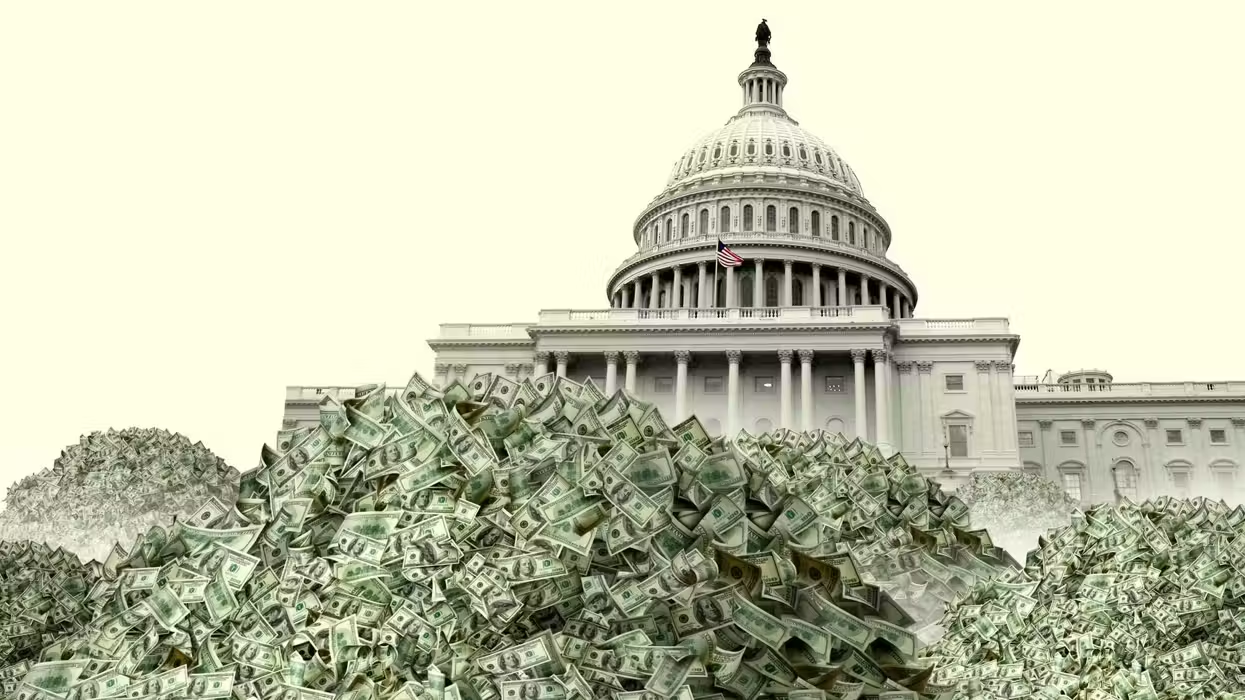The House Intelligence Committee published its report on Russian interference in the 2016 presidential election Friday. The report called out “shortcomings,” and “inappropriate or questionable behavior.”
The report also stated that Russian cyberattacks during the 2016 election cycle “starkly highlighted technical vulnerabilities in the U.S. digital infrastructure and bureaucratic shortcomings that were exploited by the Kremlin.”
The report found “no evidence that the Trump campaign colluded, coordinated, or conspired with the Russian government,” but did find “poor judgment and ill-considered actions by the Trump and Clinton campaigns."
As an example of this poor judgment, the report referred to the June 2016 meeting between “members of the Trump campaign and a Russian lawyer who falsely purported to have damaging information on the Clinton campaign.” Donald Trump Jr. was one of the members of the campaign present at that meeting.
What's in the report?
To put together the report, the House Intelligence Committee “interviewed 73 witnesses, conducted 9 hearings and briefings, reviewed approximately 307,900 documents, and issued 20 subpoenas.” The report is 253 pages long.
The report was heavily redacted. Out of the 90 names listed at the beginning as “Referenced Persons,” 31 have both the name and the description completely blacked out. In a statement accompanying the release of the report, House Intelligence Committee Chairman Devin Nunes expressed his disappointment with the number of redactions:
The Intelligence Community has finished its declassification review of the House Intelligence Committee’s Russia investigation final report. Given the substantial public interest at stake, the Committee is publishing the redacted version we’ve received. However, we object to the excessive and unjustified number of redactions, many of which do not relate to classified information. The Committee will convey our objections to the appropriate agencies and looks forward to publishing a less redacted version in the near future.
The report stated:
In 2015, Russia began engaging in a covert influence campaign aimed at the U.S. presidential election. The Russian government, at the direction of President Vladimir Putin, sought to sow discord in American society and undermine our faith in the democratic process.
“During the investigation we identified numerous shortcomings, including counterintelligence concerns, classified leaks, puzzling legal processes, and inappropriate or questionable behavior,” the report stated.
The report was highly critical of the government’s response in 2016, which it called “slow and inconsistent.”
What else?
Here are some of the 44 key findings from the report:
- Finding #14: The Executive Branch's post-election response was insufficient.
- Finding #15: The majority of the Intelligence Community Assessment judgments on Russia's election activities employed proper analytic tradecraft.
- Finding #19: The dossier compiled by Christopher Steele formed an essential part of an application to the Foreign Intelligence Surveillance Court to obtain electronic surveillance on Carter Page.
- Finding #19: The dossier compiled by Christopher Steele formed an essential part of an application to the Foreign Intelligence Surveillance Court to obtain electronic surveillance on Carter Page.
- Finding #23: Executive Branch officials did not notify the Trump campaign that members of the campaign were assessed to be potential counterintelligence concerns.
- Finding #25: When asked directly, none of the interviewed witnesses provided evidence of collusion, coordination, or conspiracy between the Trump campaign and the Russian government.
- Finding #26: The Committee found no evidence that President Trump's pre-campaign business dealings formed the basis for collusion during the campaign.
- Finding #32: Donald Trump Jr., Jared Kushner, and Paul Manafort attended a June 9, 2016, meeting at Trump Tower where they expected to receive-but did not ultimately obtain-derogatory information on candidate Clinton from Russian sources.
- Finding #35: Possible Russian efforts to set up a 11back channel with Trump associates after the election suggest the absence of collusion during the campaign, since the communication associated with collusion would have rendered such a “back channel” unnecessary.


